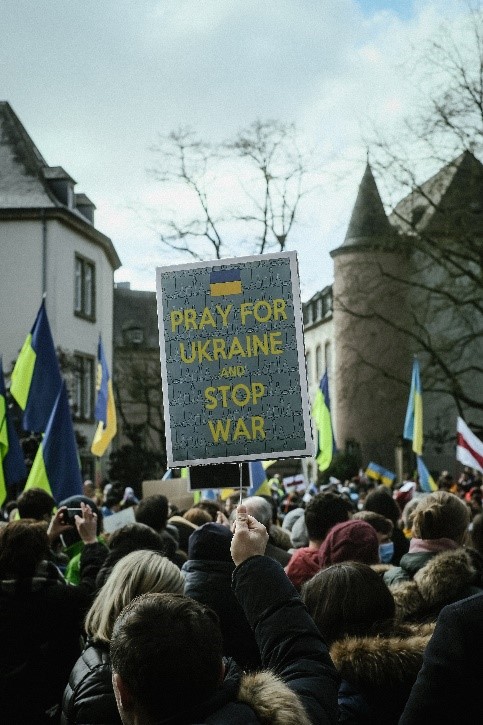
Background
On February 24, 2022, after months of intense diplomacy and speculation, Russia invaded Ukraine. In the weeks prior to this invasion, NATO allies, led by US president Joe Biden, warned that any aggression into Ukraine would unleash “severe sanctions” with “massive consequences” for Russia. This threat was echoed by the leaders of the EU and other NATO allies on multiple occasions. Despite this threat, Russia began a full-blown invasion of Ukraine. This begs an important question – do sanctions have the desired economic impact on the targeted firms and individuals?
The United States, European Union, and their allies have attempted to use targeted sanctions on Russian firms and individuals to change Russian government policy, first with respect to issues related to the rule of law, and then in 2014, in response to Russia’s invasion of Ukraine in Crimea. Targeted sanctions have been increasingly used by governments as means to change or influence decisions by individuals, firms, or other governments. In the case of targeted sanctions on Russian firms and individuals, the goal of the U.S. and its allies was to inflict enough pain on Russian elites so that they would pressure Vladimir Putin to reverse course and end the conflict. The escalation of the conflict in 2022 shows that sanctions failed to achieve this objective.
A recent paper, published in the Journal of Management Studies, presented empirical evidence suggesting that sanctions had a limited impact on Russian firms and Russian decision-making. While there has been substantial anecdotal evidence that owners of Russian companies that were close to President Putin were unhappy about the sanctions, it has become clear that Russian oligarchs and the companies that they control have been able to adapt to sanctions.
Russian sanctions haven’t worked
In the JMS paper, we examined the economic impact of sanctions on Russian firms and the responses taken by these sanctioned firms to avoid the negative consequences of being under sanctions. An analysis of the impact of sanctions on Russian firms from before the invasion of Crimea in 2014 until 2020 showed that Russian firms faced only short-term financial consequences, with no evidence of the negative effects on firm-level performance outcomes lasting in the long-term. After suffering modest losses in revenue and employment, sanctioned businesses adapted to the restrictions by reorganizing subsidiaries, altering supply chains, or seeking government support. Two years later, sanctioned firms were no worse off than untargeted firms in Russia.
We argue that there was a powerful stabilizing effect of the role of government assistance for Russian firms. The Kremlin provided sanctioned firms with credit when financing dried up abroad, helping businesses reinvest in alternative export markets or domestic operations.
Our research also indicated that the effect of sanctions was not felt evenly across industries. Firms that relied heavily on exports performed better than those that didn’t, likely because they could adjust to exporting to new markets. Scientific and professional firms tended to lose more employees over time, perhaps due to those employees finding opportunities in unsanctioned businesses or out of the country.
We conclude that while targeted sanctions create symbolic meaning in foreign relations and create financial friction for targeted firms, firms use a variety of adaptation strategies that negate the economic impact of these sanctions.
Implications for the future
Our findings call into question the effectiveness of modern sanctions regimes to deter or reverse aggressive actions by other countries. Not only did these sanctions not prevent an escalation of the war, but even their impact on targeted businesses was modest.
Following Russia’s invasion of Ukraine in 2022, Western governments implemented a suite of sanctions on Russian businesses, doubling down on the sanctions regime they implemented following Russia’s annexation of Crimea in 2014. The results of this research provide explanations of why the expanded sanctions have not cratered the Russian economy and how Russian firms continue to adapt to sanctions. The empirical evidence should encourage policy makers to rethink their strategy of using sanctions as a policy tool in major international conflicts.

0 Comments